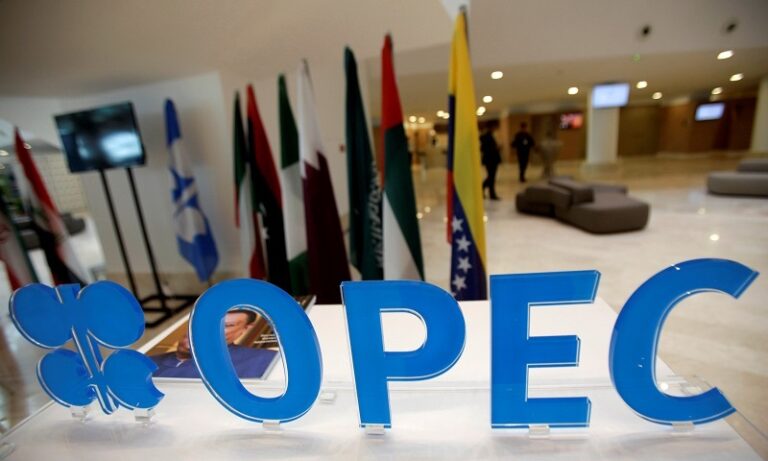The UAE has reaffirmed its commitment to the Organization of the Petroleum Exporting Countries (OPEC), dispelling recent speculations about a potential departure. This announcement comes amid fluctuating global oil markets and ongoing geopolitical shifts.
Steadfast in OPEC Alliance
UAE’s Minister of Energy and Infrastructure, Suhail Al Mazrouei, emphasized that the country remains a dedicated member of OPEC. Addressing recent reports suggesting a possible exit, Al Mazrouei categorically denied such claims, reiterating the UAE’s strategic alignment with OPEC’s objectives.
The minister highlighted the UAE’s ongoing contributions to OPEC’s initiatives aimed at stabilizing global oil markets. The UAE continues to play a crucial role in supporting the organization’s policies to balance oil supply and demand, ensuring market stability and fair pricing.
This commitment is part of the UAE’s broader strategy to foster international cooperation and maintain its influential position within the global energy sector. The UAE’s participation in OPEC is seen as vital for the collective management of oil production and for addressing the challenges posed by volatile market conditions.
Strategic Importance and Future Outlook
The UAE’s reaffirmation of its OPEC membership underscores the strategic importance of this alliance. OPEC, which consists of major oil-producing countries, works collaboratively to manage oil production levels and influence global oil prices. The UAE, as one of the leading oil producers within the organization, has a significant impact on these decisions.
In light of the energy transition and growing emphasis on sustainable energy sources, the UAE is also focusing on diversifying its energy portfolio. The country is investing heavily in renewable energy projects while maintaining its commitment to traditional oil production. This dual approach ensures that the UAE remains a key player in both the conventional and renewable energy sectors.
Looking forward, the UAE aims to balance its oil production with its sustainability goals, contributing to OPEC’s efforts while advancing its own energy transition agenda. The country’s leadership in innovative energy solutions and its commitment to international energy cooperation positions it well for future challenges and opportunities in the global energy landscape.


